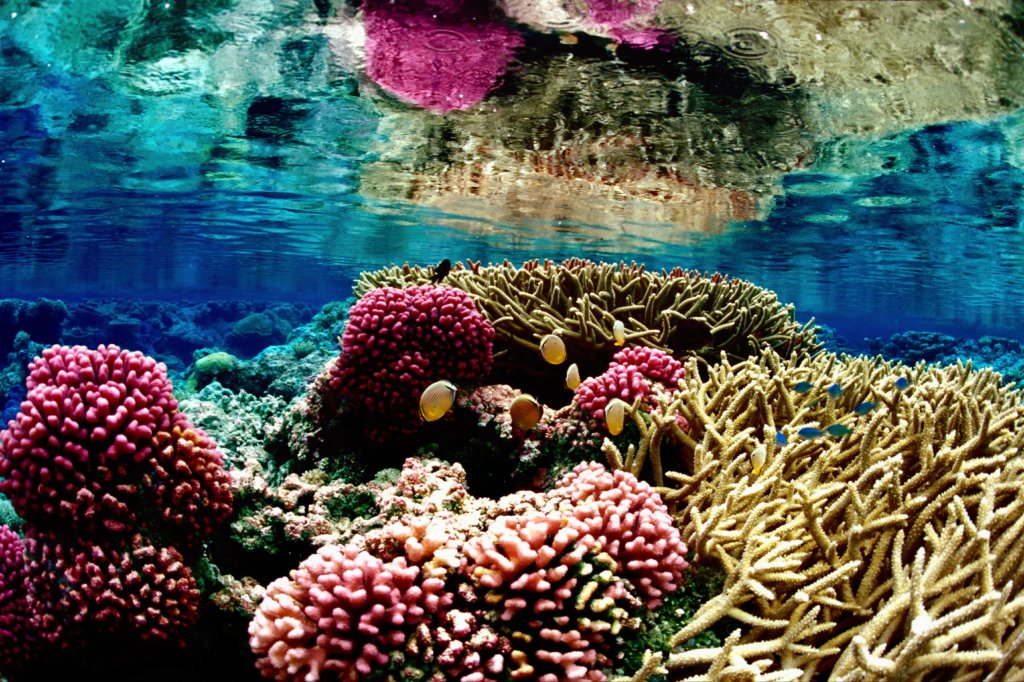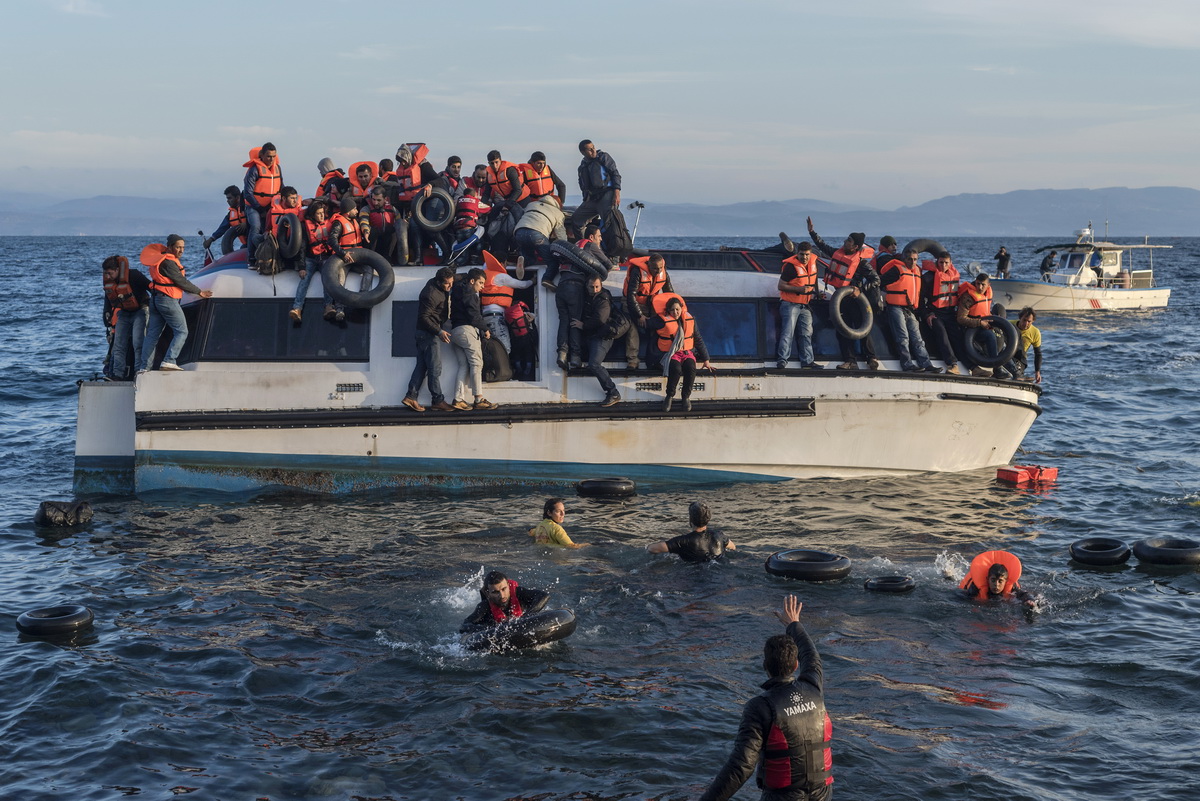POLITHEOR
European Policy Network
Blog 1 Column Left Sidebar
- Home
- Blog 1 Column Left Sidebar

Coral Conundrum: the ignored victim of the South China Sea2
- Environment and Energy, Op-ed
- 05/09/2016
The arbitral tribunal under the United Nations Convention on the Law of the Sea (UNCLOS) recently ruled overwhelmingly in favor of the Philippines in its case against China’s maritime claims in the South China Sea. After a month, however, the contested waters of Southeast Asia remain mired in military tensions, with little attention given to the “voiceless victims” for which the stakes are higher: the coral reef ecosystems – and the people whose living rely on them.
READ MORE
COP21, success or failure?1
- Environment and Energy, Op-ed
- 05/12/2015
In Paris, climate politics is normalizing. Unsuccessful coercion gives ways to voluntary measures; the top-down approach gives way to bottom-up climate diplomacy. After twenty long years, and in times of political turmoil, this can only mean progress.
READ MORE
Community leadership in Rio’s favelas: a showcase for resilience0
- International Relations and Global Affairs, Op-ed
- 13/07/2016
Rio de Janeiro has recently taken considerable initiative to better adapt to climate change and to make favelas more resilient. Yet, the positive effects have been limited. It is time to realize that the key to achieving true resilience lies within communities themselves.
READ MORE
Closing the doors on refugees; who will be our brothers’ keeper?0
- Human Rights and Migration, Op-ed
- 28/03/2016
The EU-Turkey deal has set a bad precedent to other countries in the world especially those hosting large numbers of asylum seekers and refugees. The deal has the implication that asylum seeking is no longer a right (at least not in the EU) and neither are the provisions of the 1951 Refugee Convention nor the 1967 Protocol binding to state parties.
READ MORE
Climate change, cities and heat waves: how soon is now?3
- Environment and Energy, Op-ed
- 05/01/2016
On a hot summer day city dwellers rely mainly on unsustainable adaptation solutions like energy-hungry air conditioning, which make our cities not only greyer, but contribute significantly to climate change. Green adaptation solutions can help save energy and mitigate the worst effects of climate change – now!
READ MORE
Climate change and human rights: the role of justice0
- Environment and Energy, Op-ed
- 29/09/2018
National efforts to reduce emissions and fight climate change are still largely inadequate. Citizens and organizations are taking action and bringing governments to court to push for more ambition.
READ MORE






